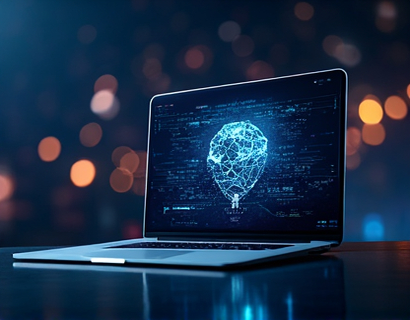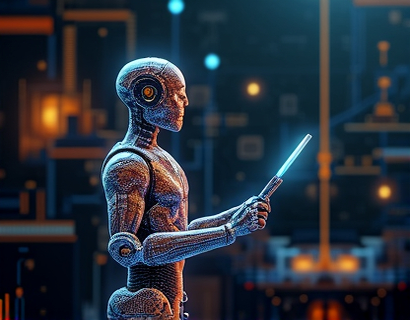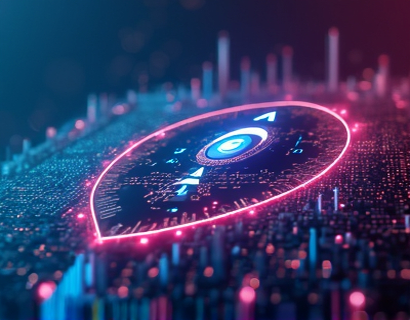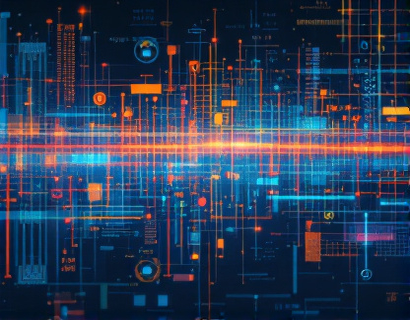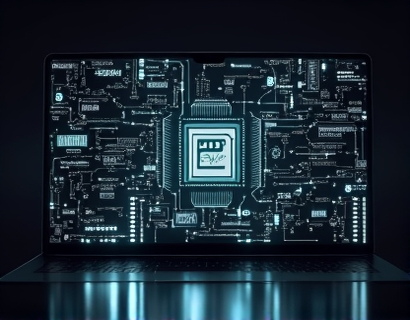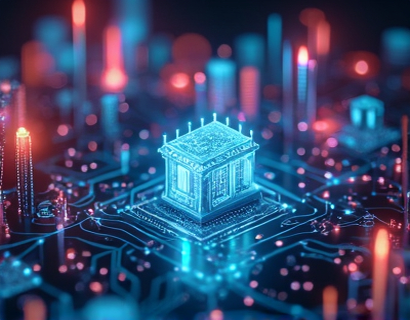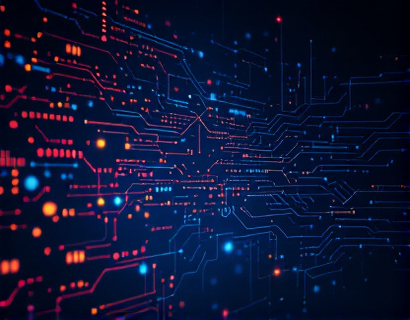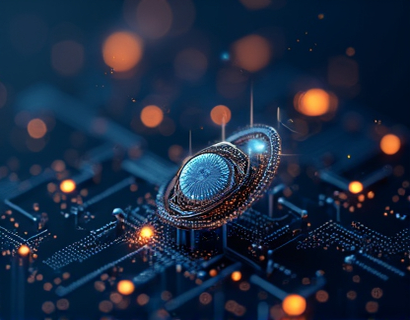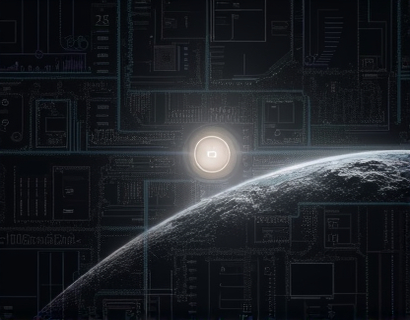Empowering Minds: The Role of AI-Powered Knowledge Assistants in Education and Industry
The integration of Artificial Intelligence (AI) in educational and industry sectors has ushered in a new era of learning and knowledge dissemination. AI-powered knowledge assistants are revolutionizing the way users access and interact with specialized information. These advanced chat solutions are designed to provide in-depth insights tailored to various user needs, ensuring a secure, reliable, and enriching experience for individuals of all ages.
Enhancing Educational Experiences
The traditional methods of education are being complemented and, in many cases, transformed by AI-driven tools. These tools offer personalized learning experiences, adapting to the unique needs and pace of each learner. For students, an AI-powered knowledge assistant serves as a constant source of information, available 24/7 to answer questions, clarify concepts, and provide additional resources. This constant access to specialized content can significantly enhance the learning process, making education more interactive and effective.
In the realm of education, the assistant can cover a wide array of topics, from fundamental subjects like mathematics and science to more specialized areas such as advanced physics, literature, and history. The AI's ability to understand and respond to complex queries ensures that users receive accurate and comprehensive information. This is particularly beneficial for students who may struggle with certain concepts or require deeper explanations to fully grasp the material.
Industry Insights and Professional Development
For professionals and individuals seeking to enhance their knowledge in specific industries, AI-powered knowledge assistants offer invaluable insights. These tools can provide up-to-date information on industry trends, best practices, and emerging technologies. Whether you are a business owner looking to stay ahead of the competition, a career changer seeking to understand a new field, or a student preparing for a future career, these assistants can offer tailored content to meet your needs.
The assistant can delve into detailed analyses of market conditions, regulatory changes, and technological advancements that impact various industries. For instance, in the tech sector, it can provide insights on the latest developments in artificial intelligence, cybersecurity, and data analytics. In healthcare, it can offer updates on new treatments, research breakthroughs, and policy changes. This level of specialized knowledge helps users make informed decisions and stay competitive in their respective fields.
Ensuring Accuracy and Reliability
A critical aspect of any knowledge assistant is the accuracy and reliability of the information provided. To address this, the AI is equipped with robust verification mechanisms. Content is cross-referenced with multiple trusted sources, ensuring that the information is not only up-to-date but also accurate and credible. This process involves continuous monitoring and updating of the knowledge base to reflect the latest developments and corrections.
Moreover, the AI is designed to recognize and handle ambiguous or complex queries with precision. It can break down intricate topics into understandable segments, providing step-by-step explanations and relevant examples. This approach not only enhances the user's understanding but also builds trust in the system's capabilities.
Child-Friendly Learning Environment
Recognizing the importance of safe and accessible learning for children, the AI-powered knowledge assistant includes a specialized child-friendly version. This version is tailored to be engaging and educational for young learners, with content that is age-appropriate and easy to comprehend. The interface is designed to be intuitive and user-friendly, encouraging children to explore and learn without barriers.
The child-friendly version covers a broad range of subjects, from basic science and mathematics to language arts and social studies. It uses interactive elements such as quizzes, games, and visual aids to make learning fun and interactive. Parents and educators can also access detailed reports and recommendations to support the child's learning journey.
Safety is a top priority in this version. The assistant is programmed to filter out inappropriate content and ensure that all interactions are monitored. This creates a secure environment where children can ask questions and learn without exposure to harmful or unsuitable material.
Personalization and Adaptability
One of the key strengths of AI-powered knowledge assistants is their ability to personalize the user experience. The AI can learn from user interactions, adapting its responses to better suit individual preferences and learning styles. For example, if a user frequently asks for visual explanations, the AI can prioritize providing diagrams, charts, and videos in its responses.
This personalization extends to the level of detail and complexity of the information provided. Users can specify their knowledge level, whether they are beginners, intermediate learners, or advanced users, and the AI will tailor its responses accordingly. This flexibility ensures that the information is always relevant and useful, regardless of the user's background or expertise.
Security and Privacy
In an era where data privacy is a major concern, the AI-powered knowledge assistant places a strong emphasis on security and privacy. All user data is encrypted and stored securely, adhering to the highest industry standards. Users can rest assured that their information is protected and used solely for enhancing their learning experience.
The platform also complies with relevant regulations, such as the General Data Protection Regulation (GDPR) and other data protection laws. Users have control over their data, with options to manage and delete their information as needed. This commitment to privacy builds trust and encourages more users to engage with the platform.
Community and Collaboration
Beyond individual learning, AI-powered knowledge assistants can foster a sense of community and collaboration. Users can join discussion forums and groups focused on specific topics, allowing them to share insights, ask questions, and learn from others. This community aspect enhances the learning experience by providing diverse perspectives and fostering a collaborative environment.
The AI can facilitate these interactions by moderating discussions, providing summaries of key points, and suggesting relevant resources. This not only enriches the user's knowledge but also helps build a supportive network of learners and professionals.
Future Prospects and Innovations
The potential for AI-powered knowledge assistants in education and industry is vast and continually evolving. Future developments may include more advanced natural language processing capabilities, enabling even more nuanced and context-aware interactions. Integration with virtual and augmented reality technologies could create immersive learning experiences, making complex concepts more tangible and engaging.
Additionally, the AI could incorporate more predictive analytics to anticipate user needs and proactively provide relevant information. This could further enhance the personalization and efficiency of the learning process. As AI technology advances, these assistants will become even more indispensable tools for lifelong learning and professional growth.
Conclusion
AI-powered knowledge assistants represent a significant leap forward in educational and industry knowledge dissemination. By providing accurate, reliable, and personalized information, these tools empower users of all ages to enhance their understanding and stay informed. The inclusion of a child-friendly version ensures that learning is accessible and safe for young minds. As these technologies continue to evolve, they will play an increasingly vital role in shaping the future of education and professional development.








